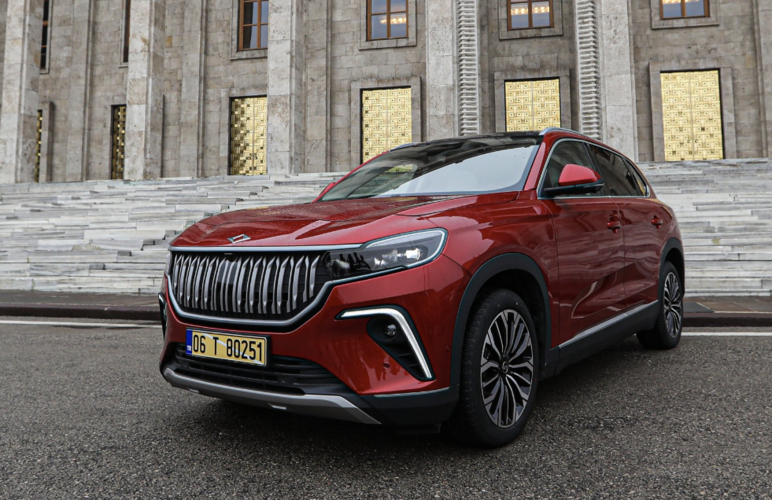America’s massive green subsidies plan risks backfiring by driving European companies closer to China, a top EU policymaker warned as he said that talks with the Biden administration were unlikely to solve all the issues Europe had with the legislation.
Valdis Dombrovskis, EU trade commissioner, said that while
the $369bn Inflation Reduction Act was in part an attempt by the US to curb its reliance on China, it could have the opposite effect in Europe by making “overtures and propositions” from Beijing more interesting. This, he said, “may work against the stated aim of the Inflation Reduction Act”.
Dombrovskis spoke before the release of guidance by Washington on Thursday indicating that EU companies could benefit from a tax credit scheme for commercial clean vehicles — a move Brussels sees as a welcome first step but which does not alleviate all its concerns.
The US legislation contained in a $369bn package involves subsidies and tax credits for green technologies and manufacturing, including electric vehicles, batteries and hydrogen. It attempts to bolster US investment in such sectors while reducing US reliance on Chinese products and knowhow.
The European Commission has warned that the act discriminates against EU-based companies and threatens the bloc’s industrial base. It has formed a task force with the White House in a bid to resolve the dispute.
While there are signs of movement by the Biden administration in the key areas of electric vehicles and batteries, this would only alleviate some of the issues, Dombrovskis said in an interview. “If there are those outcomes, it would solve part of our problems, not all of our problems,” he said, stressing that the IRA involves a “much broader” range of sectors.
“When this work is over we will need to take stock of where we are and see what our options are . . . We would need to look at further elements [on] how to rebalance the playing field.”
US president Joe Biden said this month during a visit to Washington by French president Emmanuel Macron that
“tweaks” to the rules could make it easier for European companies to participate in the regime.
Dombrovskis flagged two key areas where the transatlantic discussions are focused. The US legislation requires electric cars to be assembled in North America to be eligible for a $7,500 consumer tax credit — to the dismay of automakers in Europe, South Korea and elsewhere. However, this provision does not apply to commercial electric vehicles.
On Thursday night the commission welcomed new US guidance indicating EU companies could benefit from the commercial clean vehicle credits under the IRA, saying it reflected “constructive engagement” by the two sides. However Brussels stressed it remained concerned by discriminatory provisions affecting other clean vehicles.
[snip]
cleantechnica.com





















